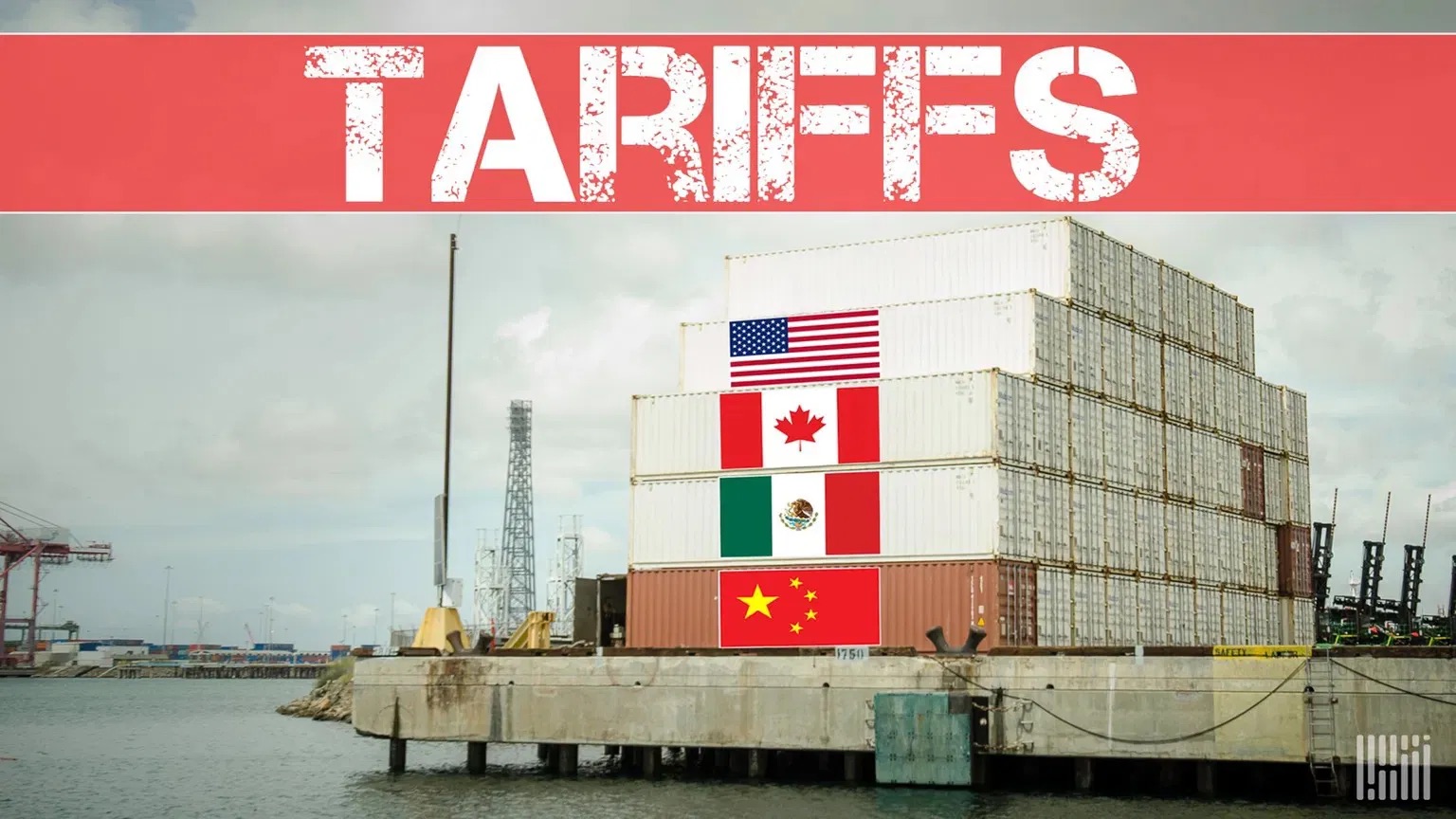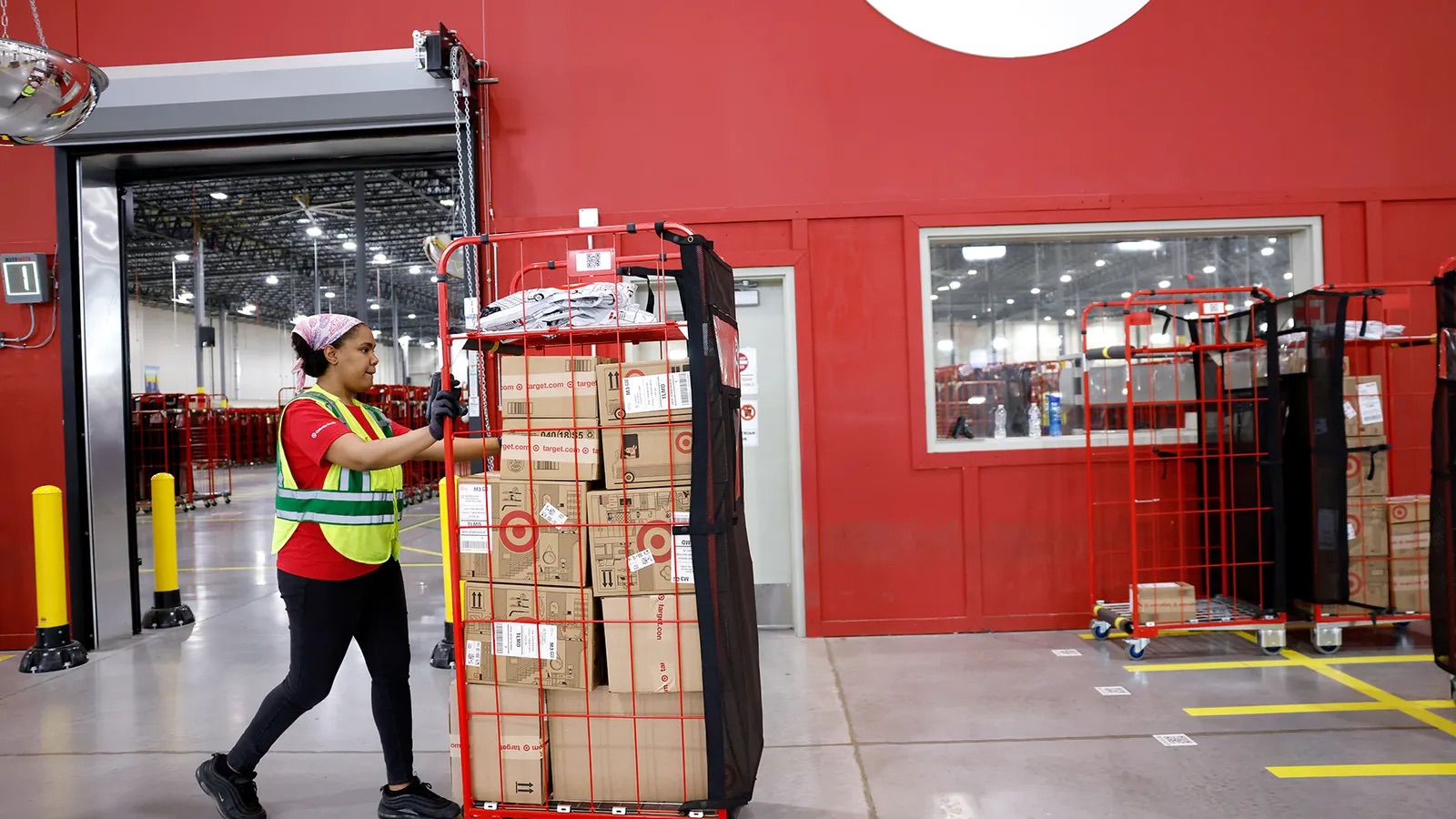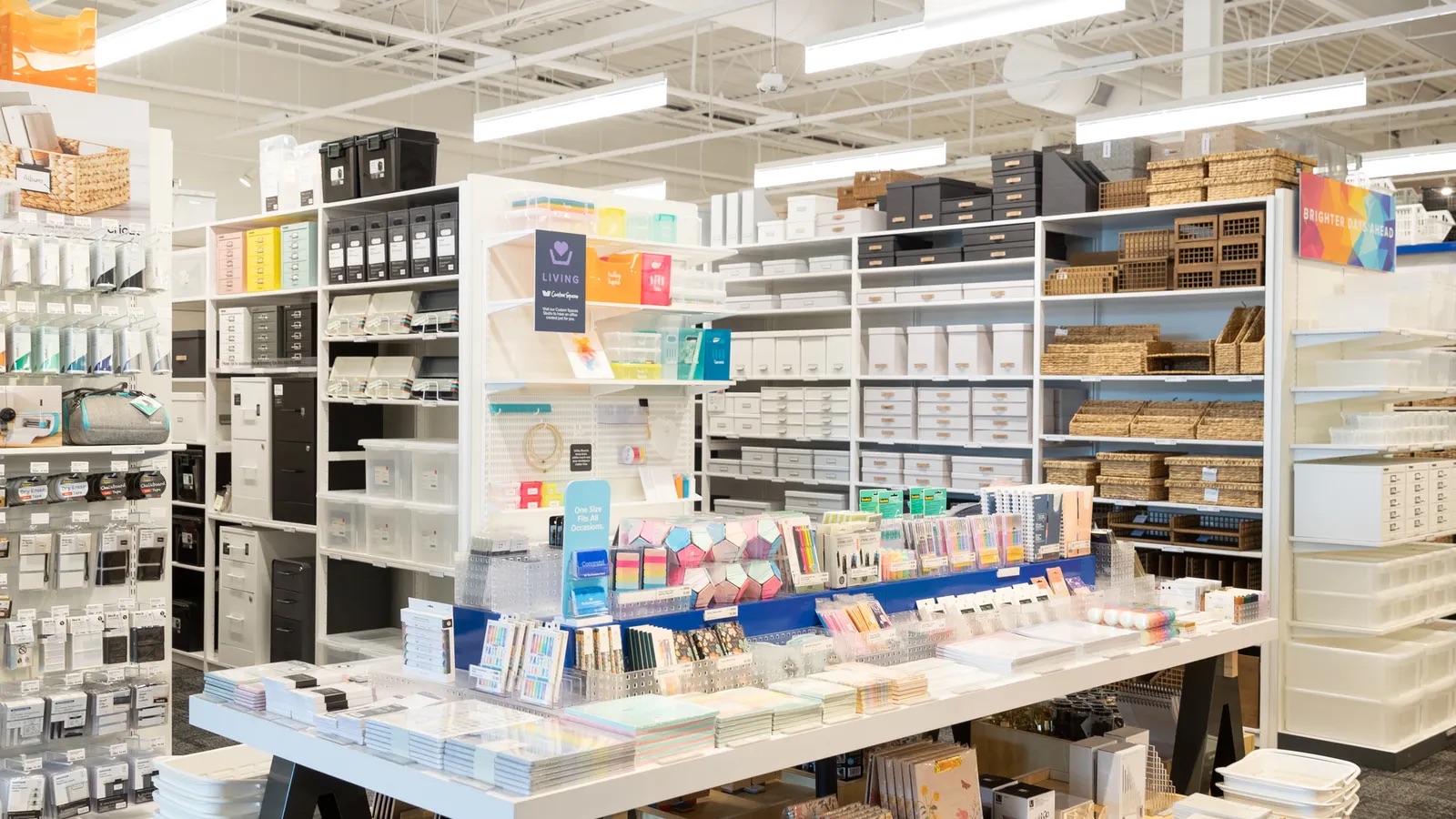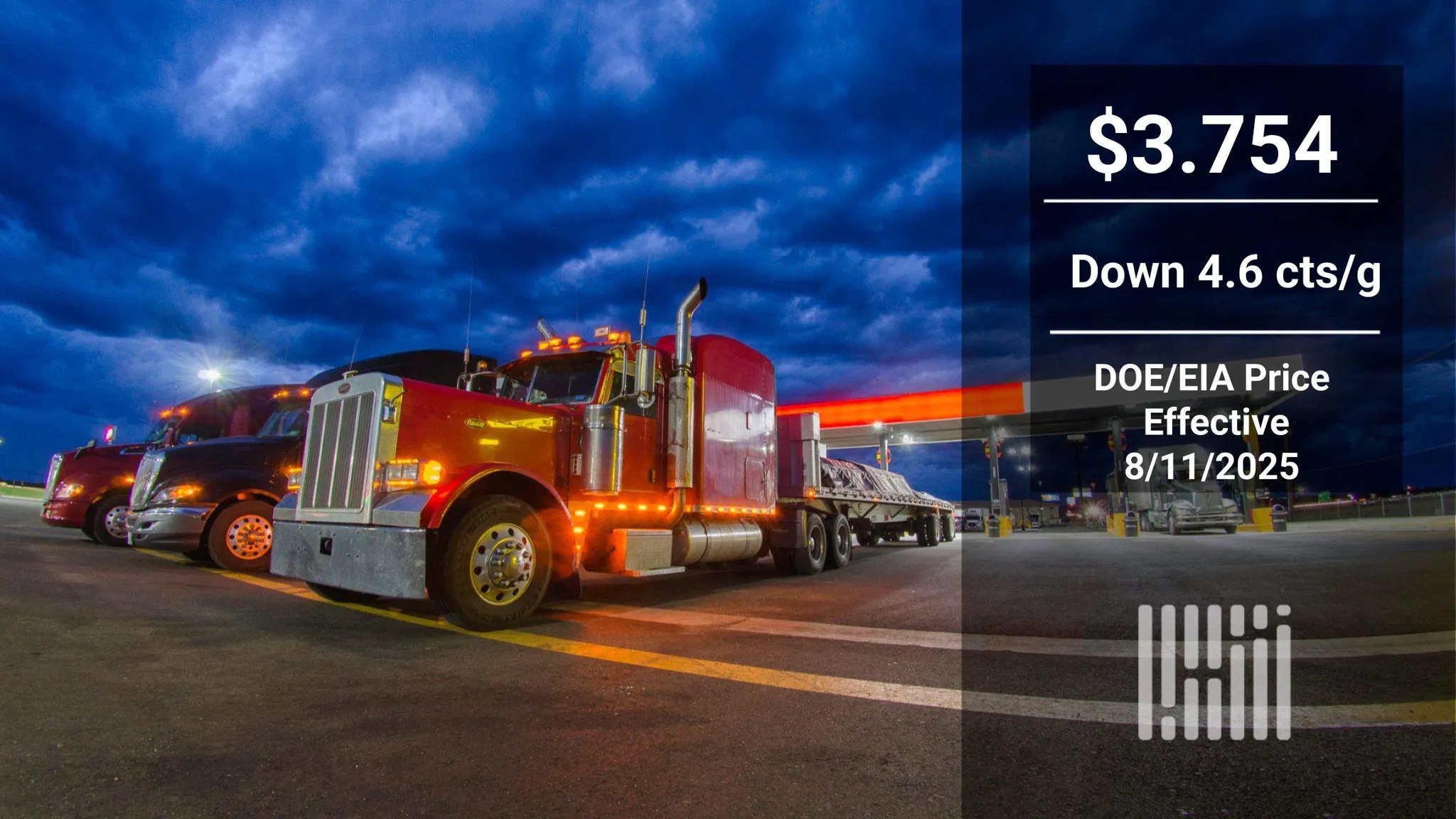Logistics Pulse Newsletter— Tariffs Expand, Retail Networks Evolve, and Cargo Security Advances
Welcome to Logistics Pulse
This week’s top news in trucking and logistics
This week’s headlines highlight how global trade policy, retail restructuring, and logistics investment are reshaping supply chains. From Washington’s latest tariff expansion to shifts in retail distribution strategies and new funding for risk-management technology, the industry continues to adapt to changing economic and operational pressures. Together, these developments signal ongoing adjustments in how goods are sourced, moved, and secured across markets.

Tariffs Unleashed: What Steel & Aluminum Duties Mean for Trade, Pricing, and Supply Chains
Check out the Logistics Pulse Podcast on your favorite streaming platform:



Top articles this week

Steel and Aluminum Tariffs Expand to 400 More Products
The Trump administration has dramatically widened its 50% tariff on imported steel and aluminum, now covering more than 400 product categories ranging from auto parts and EV components to appliances and furniture. U.S. steelmakers like Cleveland-Cliffs and Nucor pushed for the expansion to close “loopholes” they say undercut domestic production. But manufacturers warn the levies could ripple through sectors from automotive to construction, while Mexico, whose exports face new exposure, is already seeking exemptions. With $33 billion in imports affected in 2024 alone, the cost implications for shippers, OEMs, and consumers are far-reaching.
Will these tariffs truly revitalize U.S. industry, or simply pass costs downstream to supply chains and households?

Target Shifts Fulfillment Ops in Indianapolis, Cuts 200 Jobs
Target is shutting down fulfillment operations at its Indianapolis distribution center, impacting 201 employees, though regional replenishment at the site will continue. The retailer framed the move as part of its evolving supply chain strategy, redistributing certain capabilities to nearby facilities. While affected workers can apply for other roles, the move underscores how major retailers are rebalancing operations in response to shifting demand, rising costs, and pressure for speed. For carriers and 3PLs, such adjustments can change freight flows overnight.
As retailers optimize networks, are logistics partners prepared for a patchwork of sudden shifts in regional demand?
Read more on Supply Chain Dive

The Container Store Demands Supplier Concessions
Fresh out of bankruptcy, The Container Store is pressing vendors for steep price concessions, telling them that “artificially high” margins are no longer acceptable. Chief Commercial Officer Martin Schumacher warned suppliers that the company now has “many choices” and intends to flex sourcing leverage more aggressively. For longtime partners, the tone marks a sharp departure from the brand’s reputation for collaborative relationships. The shift reflects both a bid to restore profitability and a broader trend of retailers pushing cost pressures up the chain.
How far can retailers go in squeezing vendors before risking damage to supply relationships and product quality?
Read more on Supply Chain Dive
In Other News
Truck Freight Finds Its First Growth Since 2022
The U.S. Bank Freight Payment Index shows Q2 shipments rose 2.4% and spend 1.2% sequentially, the first quarterly gains since 2022, though year-over-year volumes remain down.
Foxconn Counters Tariffs with U.S.-Mexico Expansion
Facing a new 20% tariff on Taiwanese imports, Foxconn will build tech parks in Texas and Mexico, accelerating its pivot toward regionalized manufacturing footprints.
Overhaul Raises $105M for AI-Driven Cargo Security
The supply chain risk management platform secured Series C funding to expand AI capabilities, pursue acquisitions, and strengthen its fight against rising cargo theft.
UniUni Launches U.S.-to-Canada E-Commerce Service
The parcel carrier unveiled a cross-border delivery solution with streamlined customs clearance, providing alternatives as Canada Post faces labor disruptions.
Read more on Supply Chain Dive
FedEx Grooms Next-Gen Leadership
Richard Smith, son of FedEx’s late founder, has been nominated to the board, setting the stage for a possible succession path to CEO as FedEx integrates its Ground and Express networks.

Benchmark diesel price down for third week in a row

